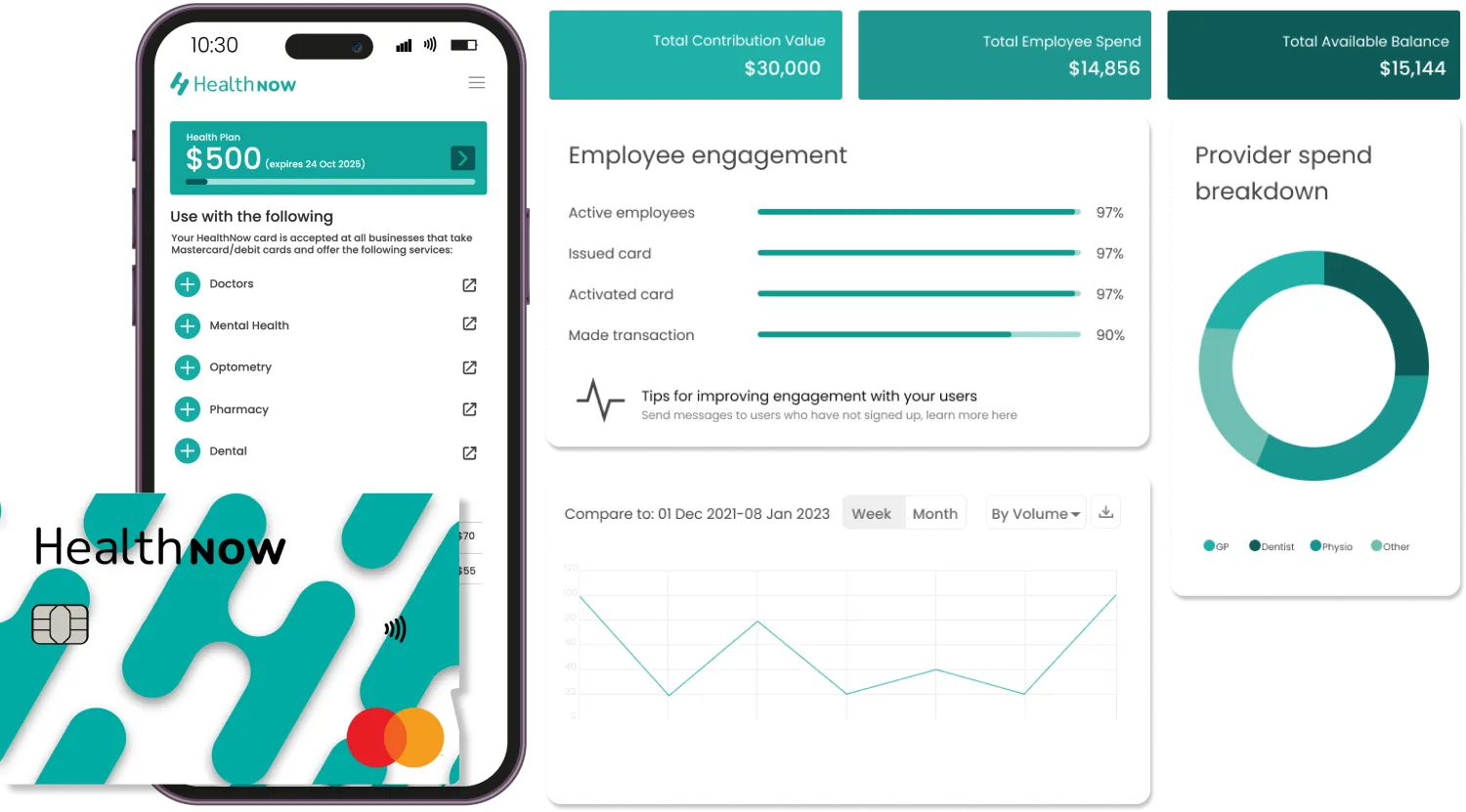After the global health events of the last few years, the state of our personal health has come into the spotlight – as has how employers are choosing to support their team with their health, both financially and otherwise. Paired with a record-low unemployment rate of 3.1%, and the healthcare industry is filled with dire staffing shortages and experts proclaiming that New Zealand is in a healthcare workforce crisis.
With many clinics struggling to find staff, the conditions and benefits offered in a contract are increasing across the board – and it’s coming in a range of ways above and beyond a pay rise. Businesses are increasing their annual leave and sick leave policies, improving their maternity leave entitlement, implementing a paid paternity leave allowance, investing in their workplace culture and social interactions, prioritising building better relationships to support employee retention, being more flexible with working from home allowances – and much more.
Among these benefits, there’s a standout benefit that holds great bearing for many: the healthcare policy and contributions.
Traditional Private Health Copayments Are No Longer Desirable
While once viewed as a desirable benefit, today’s workforce is quickly recognising that being “locked in” with a range of terms, pre-existing condition stand-downs, exclusions, restrictions and general limitations is not quite the “benefit” that it was once thought to be. The bottom line is that most insurers are profit-first, not people-first or health-first. In 2021, Southern Cross declared that they grew their revenues by 18%. They received 1.256 billion in premiums and had a surplus of 53 million at the end of the financial year.
Where private health insurance is lacking is that it fails to recognise that the health and wellness needs of any given person are multifaceted, complex, go far outside the tick boxes and prerequisites of standard insurance plans, and often extend beyond the employee to their immediate family members, too. If money is going to be invested in healthcare, it should go to an avenue where you can be confident that your costs will be covered – and not leave a cloud of uncertainty every time where you must go and check your entitlements and eligibility.
What this all means for businesses looking to hire new employees is that they must address the kind of health benefits that employees really want – and that includes having control over how the funds are spent without restrictions – and not feeling that the funds are ‘lost’ when the year ticks over and no claims have been made. Only then is an environment facilitated that encourages people to be proactive about their health, before it gets worse, as opposed to seeking treatment for a problem after it has become full-blown.
The Alternative: Employer Aid
Employer aid payments are funds that an employer chooses to contribute to their employee’s health saver wallet accounts. A digital health wallet is a personal and private account where the funds can only be spent on medical and health services and products. These health-only transactions are ensured by the accepted payment platform only being available in specific clinics and areas – namely a wide range of medical services, allied health services, pharmacies and more.
All health wallet holders have the HealthNow app on their smartphone, which is used when it comes time to pay for their health service or product. This is done instantly from the app much like an EFTPOS card – funds are withdrawn from their account and you receive instant confirmation that they’ve been successfully passed to the clinic, who gets paid in full on the day.
Employer aid payments are free of restrictions or stand-down periods, encompassing everything from allowing employees to seek help for health fears or concerns that are still at a pre-diagnostic level (may not be formally diagnosed yet or display acute symptoms, but the person has genuine concerns that are affecting their mental, emotional or physical health on the issue), to being able to purchase nutritional supplements, thermometers and other pharmacy products, to using the funds on unwell family members – because our own health can be very closely tied into the health of our family, something that regular insurance plans do not acknowledge in their black-and-white approach.
With many families going through various illnesses throughout the year, every bit of financial help towards the cost counts – something that is well recognised by employees, when considering which contract to accept.
Learn more about the benefits of employer aid payments and how you can become an employer of choice, including how you can easily start offering it via HealthNow’s international platform (and adding it to the benefits section of your job advertisement) here.







